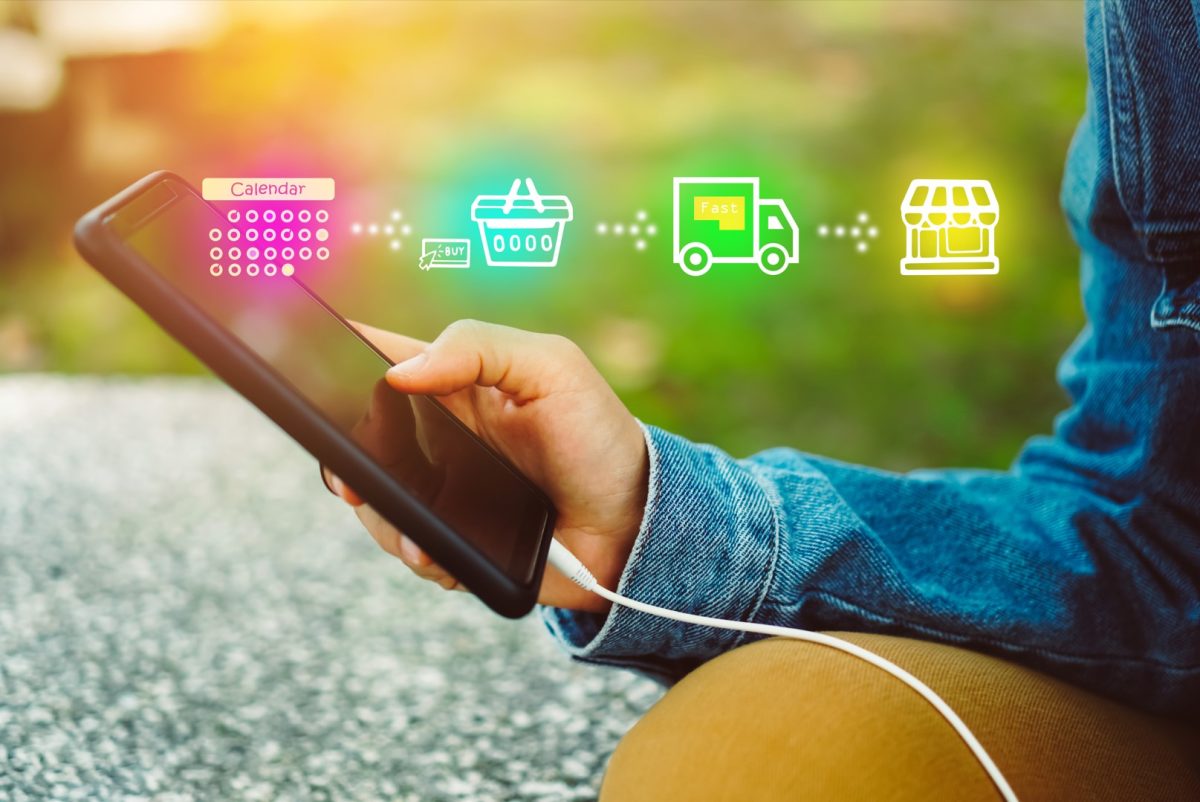The unstoppable advancement of e-commerce in our region poses an undeniable reality: the future of the retail market will be closely linked to technology. This exponential growth demands the intelligent use of technological tools to optimize operations, logistics, ensure transaction security, and artificial intelligence emerges as a undisputed protagonist in this evolution.
From the integration of conversational sales on platforms like WhatsApp and Facebook, to the implementation of chatbots and machine learning algorithms to offer personalized recommendations, e-commerce in Latin America has capitalized on the potential of technology to drive its growth.
According to data from Statista Digital Market Insights, the e-commerce market in our region surpassed US$117 billion in retail sales by the end of 2023. It is projected that by 2028, this figure will nearly double, reaching US$205 billion. This dizzying growth, although partly driven by the Covid-19 pandemic, also reflects the crucial role that technological advances and innovations play in improving the shopping experience.
Despite the challenging economic environment, some markets stand out for their remarkable performance in e-commerce. In Argentina, for example, the first half of 2023 saw a 125% increase in e-commerce turnover compared to the same period the previous year, even surpassing the annual inflation rate. This growth is supported by a significant increase in digital sales compared to physical sales.
In contrast, Chile, with a more mature e-commerce market, faced obstacles during the past year, with a 20.1% contraction in online retail sales. However, these challenges do not diminish the overall trend of sustained e-commerce growth in the region.
The investment in technology is fundamental to drive this continuous growth. It is expected that in the next five years, Latin American companies will allocate more than 25% of their technology investment to artificial intelligence initiatives. This focus on AI and automation will not only enhance product and process innovation but also optimize customer satisfaction and workflow.
In the retail sector, e-commerce emerges as a key growth engine. According to Boston Consulting Group, by 2027, it is projected that 41% of global retail sales will come from e-commerce, representing a significant jump from the 18% recorded in 2017. In Latin America, these prospects are even more promising.
In summary, e-commerce is not only a present reality but also the engine of the future of retail. Technology, especially artificial intelligence, will play a crucial role in consolidating and expanding this market in our region. It is time to embrace digital transformation and prepare for a future where e-commerce is the norm, not the exception.


